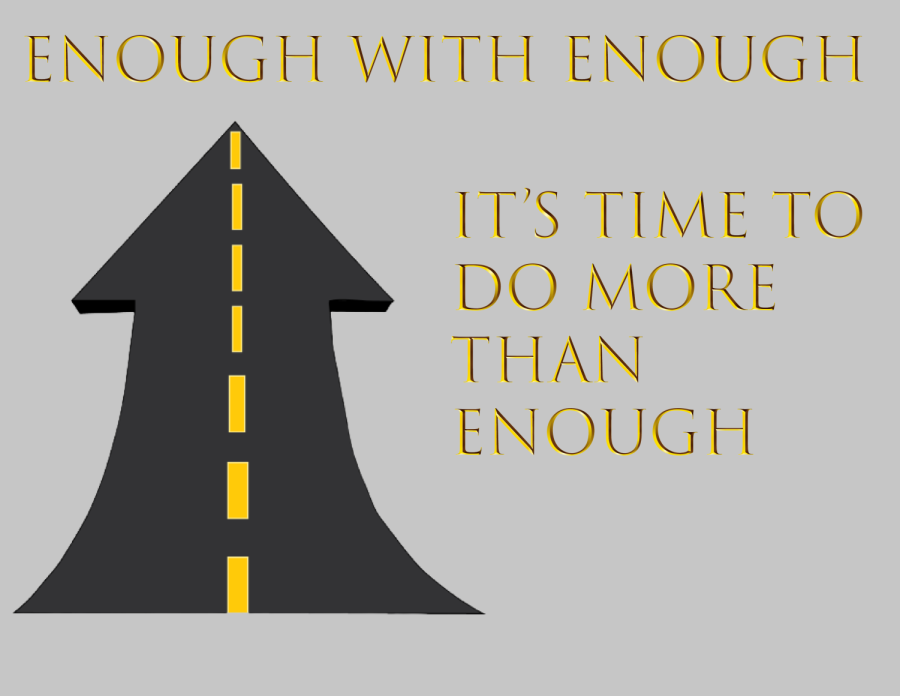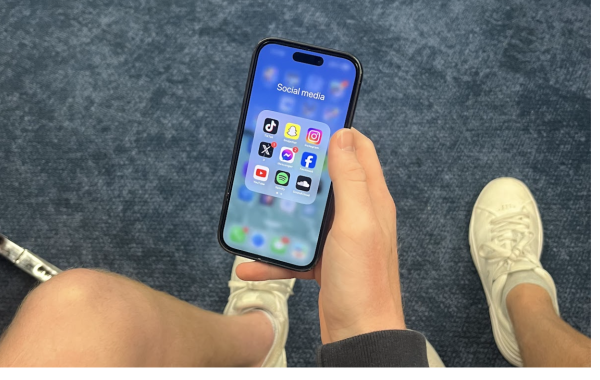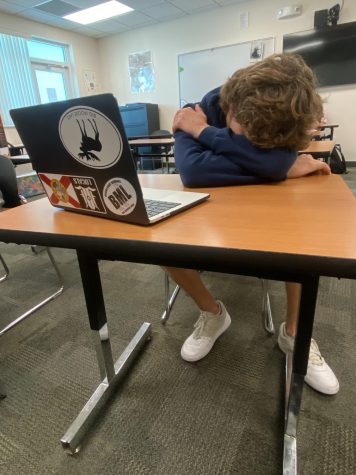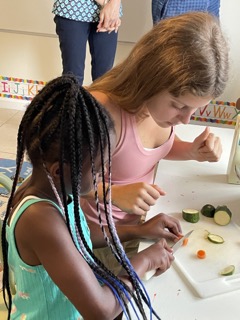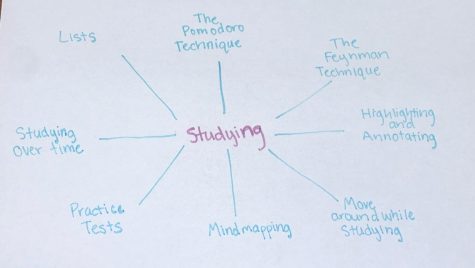Editorial: For Those Who Can, There is No Just Enough
February 11, 2022
People too often ask themselves, “Am I doing enough?” Enough. Enough is defined as “occurring in such quantity, quality, or scope as to fully meet demands, needs, or expectations.” Instead, people need to take time and think about how they may exceed expectations, asking themselves “How can I do more?”
One of The Benjamin School’s core values is diversity. Diversity comes in all forms, from racial to cultural to socioeconomic diversity. The Upper School has made great strides in bringing diversity to the Benjamin community.
A large part of promoting diversity is celebrating it, as the School has done during Hispanic Heritage Month and Chinese New Year. But celebrating also means talking about the importance of diversity, and unfortunately, the discussion feels limited to cultural and racial diversity. But what about socioeconomic disparities that exist in the community?
There is a stigma behind the discussion of socioeconomic status- es around the world, seen as an uncomfortable conversation between those who have beyond their needs and those who do not have enough to cover even basic necessities in life. According to APA Psycnet, “In four studies, the authors investigated the proposal that in the context of an elite university, individuals from relatively lower socioeconomic status (SES) backgrounds possess a stigmatized identity and, as such, experience (a) concerns regarding their academic fit and (b) self-regulatory depletion as a result of managing these concerns.”
It is well established that Benjamin, while accepting of everyone, has a much larger proportion of more privileged individuals. Stigma behind socioeconomic status seems heightened during the college process, with financial aid conversations seemingly a shy topic, not only for those who are looking for need-based aid but also those who are just trying to shave off some of the tuition.
Should students feel comfortable enough to have open discussions about such a thing as financial aid needs, financial aid-centered events held by the college counseling team would have more attendees. Counselors could then go above and beyond in how they help students, such as hosting even more events to promote all the ways students can relieve any financial stress that students need when applying to colleges.
Rather than asking ourselves “Are we doing enough to facilitate discussion about socioeconomic disparities and statuses,” we should ask if we could be doing more. We should not settle for running the race when we can be setting the pace. Buccaneers do not just clear the bar; we ask that it be raised when we do.
Enough limits our potential to have a much greater impact on those around us and the issues that plague every community around the world while more allows us to exceed simple expectations and challenges us to be even better.
Unfortunately, The Pharcyde has not been immune to this underlying misconception that enough is all that is necessary. As only six people answering the call to be the voice of the student body, we are often asked why we are doing certain activities or writing about certain topics and we respond saying that we are doing enough with only having six people in the class. However, this will now come to an end. As The Pharcyde, we have come to the decision that we will be the first to ask how we can do more. And we ask that you all, students as individuals, faculty, the Benjamin community as a whole, join us in this mentality and effort to do more.
As Black History Month proceeds and Women’s History Month approaches, keep this in mind: Enough is the easy way out. It is the pathway that will take the least amount of effort while still having a satisfactory effect. But enough will not get us where we need and should want to go. More holds our happy ending.
*The Editorial is the opinion of The Pharcyde and therefore does not have a singular name attributed to it.


